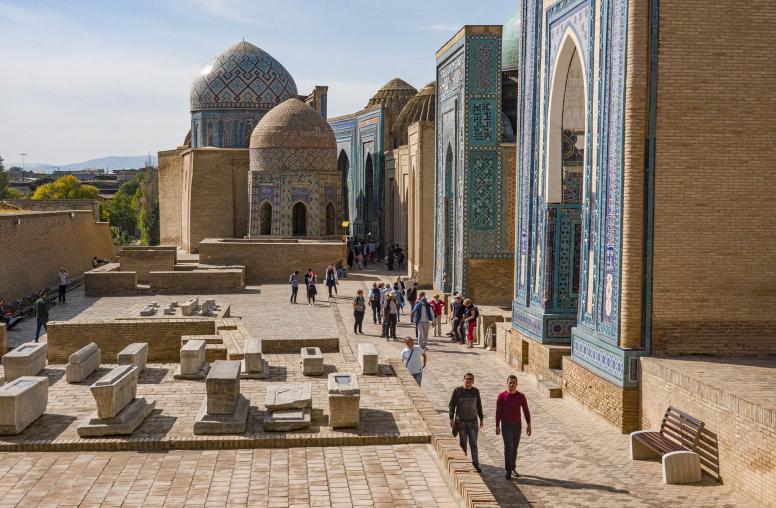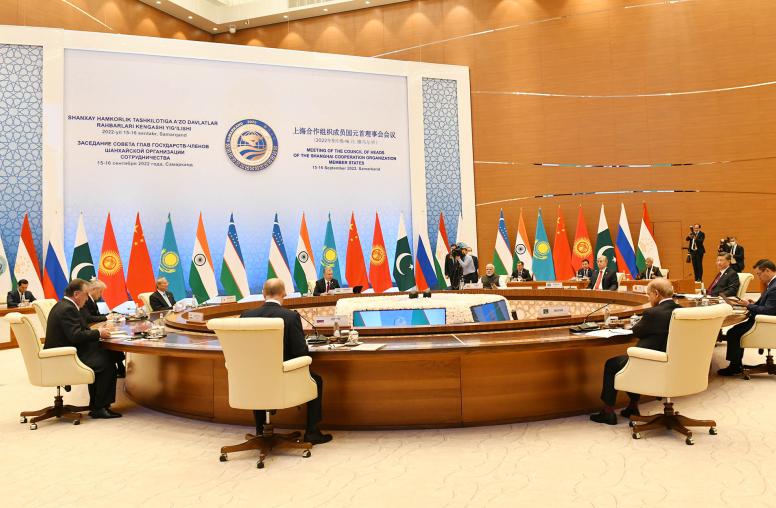Central Asia's New States
Independence, Foreign Policy, and Regional Security
THE USIP BOOKSTORE IS TEMPORARILY UNAVAILABLE
With breathtaking speed, the republics of the former Soviet Union have been transformed into independent states expected to perform their own foreign policy functions. Yet many of these republics have little experience in foreign relations, and their appearance on the international stage may upset power balances in regions that are already unstable.
The new Central Asian states in particular are becoming of increasing interest to the West, because of their enormous resource base, especially oil and gas; their large, mostly Muslim, population; and their relative proximity to the volatile Middle East. But there is a dearth of informed analysis on this much misunderstood region.
This timely volume helps fill that gap by closely examining the developing foreign policies of the Central Asia republics—especially Kazakhstan, Kyrgyzstan, and Uzbekistan. It describes in detail how they handled their transitions to statehood and draws important conclusions about the implications for regional and international peace and security.



